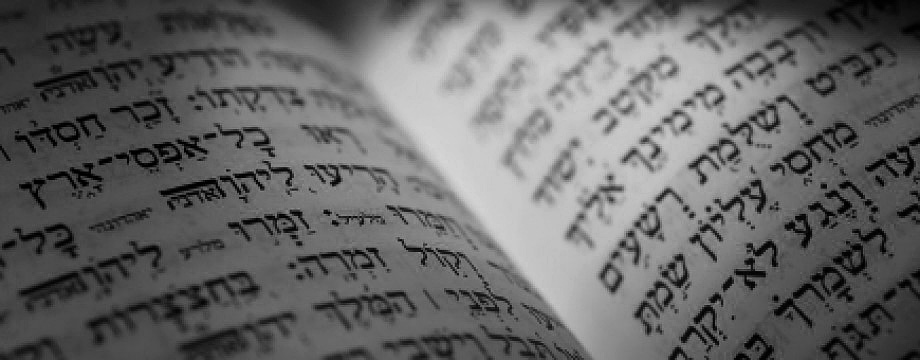
It’s fun to study surnames, or last names, as distinguished from Christian names, or first names. Back in history, when things got crowded, they had to add second names to sort out all the people named John or James or Mary or Ruth. So they turned to four contextual features—location (as in Lois Hill); parentage (as in James Williamson); physical characteristic (as in John Armstrong); and occupation (as in Mary Miller).
The same names occur today in many languages in the West. For instance, “son (or ‘kin’) of John” turns up as Jansen and Jensen in Scandinavia, Johnson and Jenkins in England, Owens and Evans in Wales, Ionescu in Romania, and Ivanovich in Russia. And the occupation of metalworker shows up as Smith in England, Kowalski in Poland, and Ferrara in Italy. (And yes, it’s fortunate the Ferrari was made in Italy, for who wants to drive a car called a Smith?)
Furthermore, names often come in groups. In England, a “leigh” was a clearing or meadow, so when a person was associated with a stony meadow, he became Stoneleigh, which morphed into the more common Stanley. And then you start to notice other “leys”—Oakley (meadow with oak trees); Hartley (meadow with deer). Then there are the “cottage” names, whether based on location (Westcott, on the west side of town) or the occupant (Prescott, where the priest lived).
It’s fun to see similar groupings in the Old Testament, though, of course, we don’t speak of “Christian names,” since Jesus the Christ had not yet arrived in Bethlehem, and kings didn’t typically need surnames to distinguish them from their subjects.
Let’s start with the generic name for God, El, which shows up as the ending of Ezekiel (God is strong), Nathaniel (Gift of God), and Emmanuel (God with us). Alternatively, a name may begin with El, as in Elishah (God is Savior) or Eliezer (God is help). Speaking of help, that’s where he name Ezra came from.
God, of course, has a proper name, too. It’s Yahweh, which is abbreviated as Yah or Jah, and often shows up as “iah” in Bible names—Jeremiah (Yah is high), Nehemiah (Yah is comfort), and Jedidiah (Yah is a friend).
Consider, too, names built on the Hebrew word for “king”—melek or melech—such as in Abimelech (father of the king) and Ebedmelech (servant of the king). Then, by combining words for God and king, we get Elimelech (God is king).
Continuing with reference to God, there is the word for Lord, Adoni, which appears in Adoni-Zedek (Lord of righteousness). Then, combining this word for righteousness, zedek, we get Melchizedek, which begins with a form of the word for king (My king is righteousness).
So on and on it goes. And the person who knows even a few Hebrew words can find the Old Testament less mysterious. Even the genealogies become more genial. So when you read 1 Chronicles 2:41, you might notice that when “Jekamiah begat Elishama,” somebody was talking about God. (Indeed, they were, as with “Jah is standing” and “God is hearer.”)